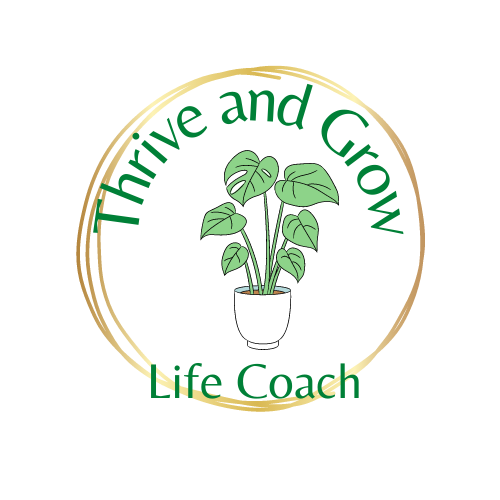The Art of Active Listening
Mastering the Skill for Meaningful Connections
In a world filled with noise and distractions, the ability to truly listen has become a rare and valuable skill. Becoming a better listener is not only crucial for building strong relationships but also essential for personal growth and understanding.
In this blog post, we will explore the art of active listening and provide practical tips to help you become a more attentive and empathetic listener.
Active Listening
listening attentively to a speaker, understanding what they're saying, responding and reflecting on what's being said, and retaining the information for later
Be Fully Present:
One of the fundamental aspects of active listening is being fully present in the conversation. Minimize distractions, put away your electronic devices, and give your undivided attention to the person speaking. Demonstrate your interest by maintaining eye contact, nodding affirmatively, and using non-verbal cues that show you are engaged in the conversation. By being fully present, you create a safe and supportive space for the speaker to express themselves.
Avoid Interrupting:
Interrupting is a common habit that hinders effective listening. Practice restraint and refrain from interjecting or finishing someone's sentences. Allow the speaker to express their thoughts and ideas fully before responding. Interrupting can make the speaker feel unheard and devalue their perspective. Instead, focus on understanding their viewpoint and wait for an appropriate moment to contribute to the conversation.
Practice Empathetic Listening:
Empathetic listening involves not only hearing the words being spoken but also trying to understand the speaker's emotions and underlying message. Pay attention to the speaker's tone of voice, body language, and facial expressions. Put yourself in their shoes and try to imagine how they might be feeling. Reflect back their emotions and thoughts to show that you genuinely understand and empathize with their experience. This fosters trust and strengthens the connection between you and the speaker.
Ask Open-Ended Questions:
Engage in the conversation by asking open-ended questions that encourage the speaker to delve deeper into their thoughts and feelings. Open-ended questions cannot be answered with a simple "yes" or "no" and require the speaker to provide more information. This demonstrates your genuine interest and helps the speaker feel valued. By asking thoughtful questions, you invite the speaker to expand their ideas and provide you with a deeper understanding of their perspective.
Practice Reflective Listening:
Reflective listening involves paraphrasing or summarizing what the speaker has said to ensure your understanding. After the speaker has finished expressing themselves, take a moment to rephrase their main points in your own words. This not only confirms your comprehension but also allows the speaker to clarify any misunderstandings. Reflective listening shows that you are actively engaged in the conversation and committed to understanding the speaker's message.
Cultivate Patience and Non-Judgment:
Being a better listener requires cultivating patience and maintaining a non-judgmental mindset. Suspend your own biases and preconceived notions, and approach the conversation with an open mind. Avoid making assumptions or rushing to judgment before fully understanding the speaker's perspective. By practicing non-judgment, you create a safe space for open and honest communication, fostering trust and building stronger connections.
Becoming a better listener is a transformative skill that enriches both your personal and professional relationships. By being fully present, avoiding interruptions, practicing empathetic and reflective listening, asking open-ended questions, and cultivating patience and non-judgment, you can create meaningful connections and deepen your understanding of others. Remember, active listening is an ongoing practice that requires intention and effort, but the rewards in terms of stronger relationships and personal growth are immeasurable.



